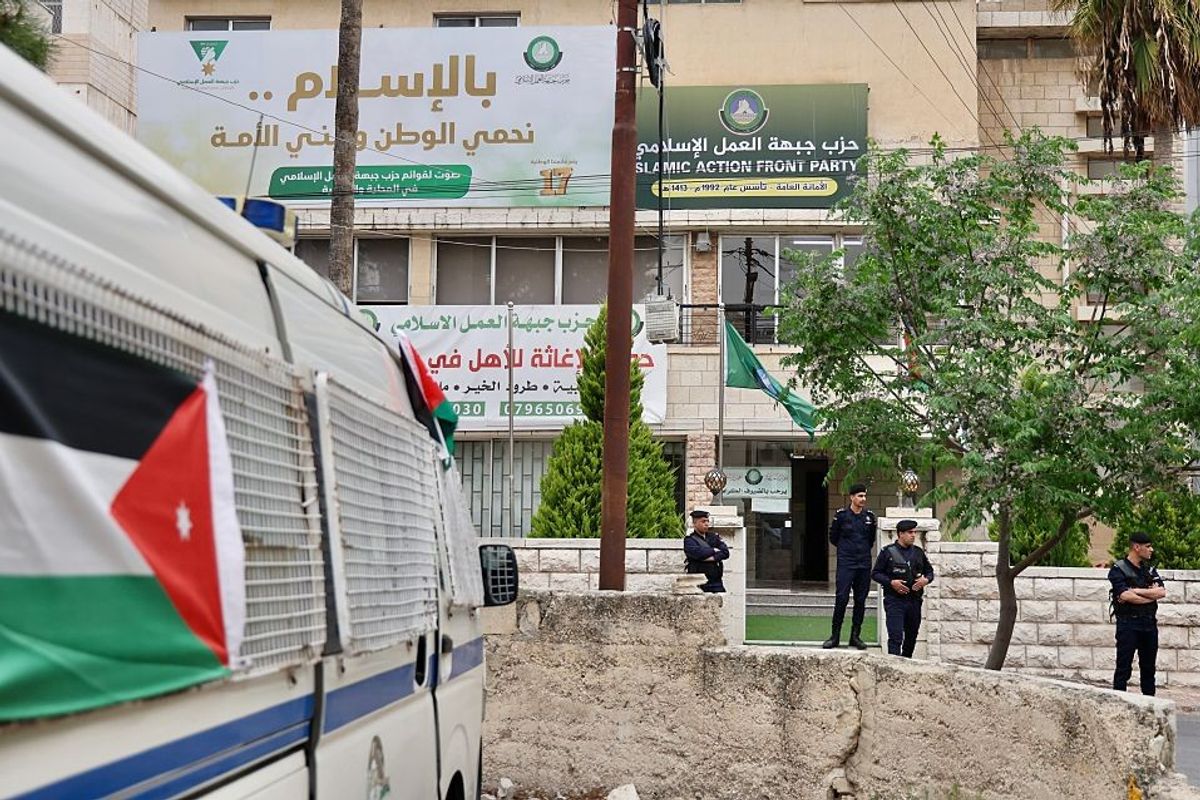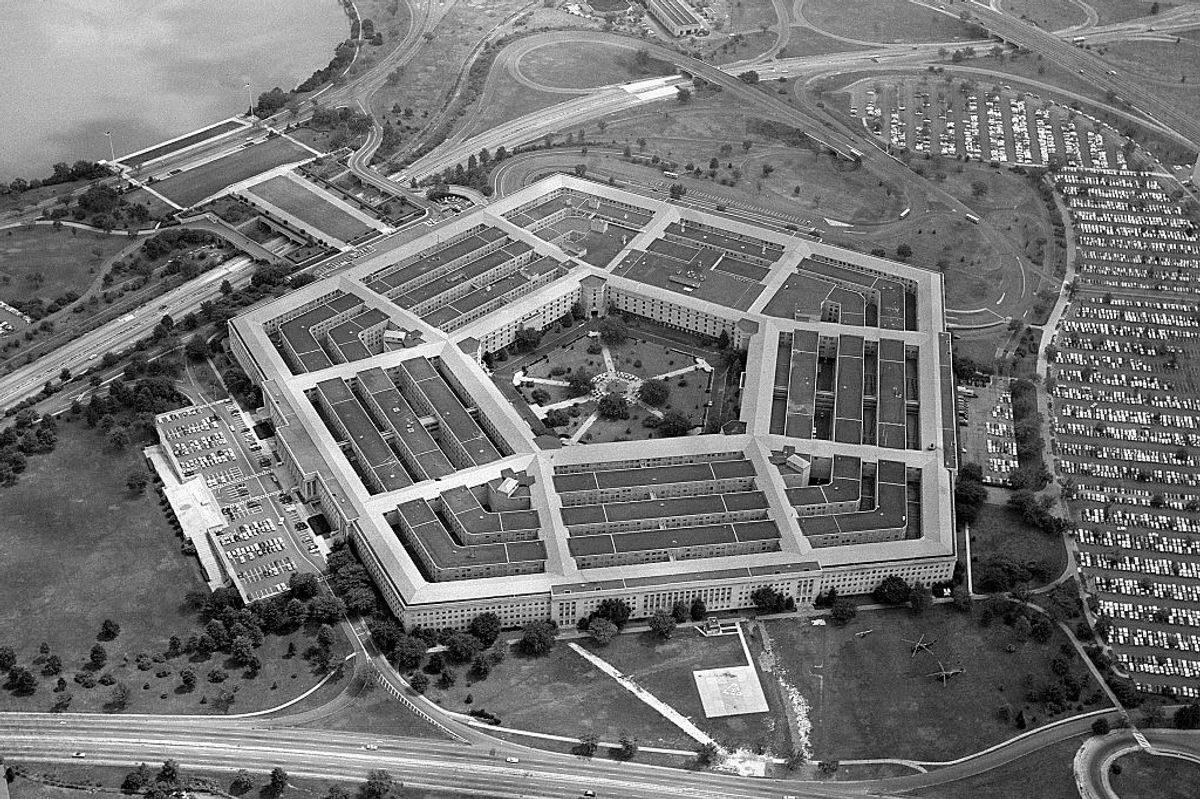OPINION — The United States Agency for International Development (USAID) has long served as a critical instrument of American soft power, delivering humanitarian assistance, promoting economic development, and supporting governance reforms worldwide. However, recent proposals to shutter USAID threaten to dramatically undermine U.S. national security by eroding global influence, increasing strain on the military, and reducing the United States’ ability to help shape strategic outcomes in key regions. Dismantling USAID would be a myopic decision that jeopardizes both American interests and broader global stability.
A six-decade history
USAID was established in 1961 to advance U.S. foreign policy by helping societies address fundamental needs such as health, education, and economic development. As of last month – and maybe not today – the agency operated in over 100 countries, in tandem with the broader U.S. National Security Strategy objectives that highlight the prevention of conflict, promotion of democracy, and robust humanitarian assistance.
I have seen their work first hand in Pakistan and as Director, Strategic Operational Planning at the National Counterterrorism Center. From natural disasters in Pakistan in 2005 and 2010 to disease outbreaks and infrastructure support, USAID’s interventions have saved countless lives and generated goodwill essential for broader U.S. interests. In regions vulnerable to radicalization, the agency’s initiatives improve local governance and provide economic opportunities, thereby bolstering counterterrorism efforts.
The Cipher Brief Honors Dinner is on April 18th in Washington D.C. Apply now for your seat at the most glamorous spy dinner of the year. Find out more about this invite-only event at cipherbriefhonors.com
A tool of soft power and diplomacy
USAID projects often serve as America’s first line of engagement with populations around the world. By supporting critical needs such as clean water, education, and healthcare, the agency fosters positive perceptions of the U.S. In many regions, this soft-power approach influences local attitudes far more effectively than high-level diplomatic talks alone.
By addressing root causes of instability—poverty, resource shortages, weak institutions—USAID also helps prevent crises before they reach a boiling point. These contributions significantly reduce the likelihood that American armed forces will be called upon to intervene in yet another conflict zone.
A salient example was the U.S. humanitarian response in Pakistan following the 2005 earthquake and the 2010 floods in that country. Immediate, robust assistance from USAID noticeably increased favorable views of America, making subsequent cooperation on counterterrorism efforts easier to achieve.
In many crises—from pandemics to natural disasters—USAID is often the first U.S. entity on the ground. Its quick deployment capability can save innumerable lives, as well as reduce chaos that terror groups or other malign actors might exploit. Swift and tangible help in times of disaster goes a long way in securing goodwill, not just from the country in crisis but also from the global community. This goodwill can pay strategic dividends by cementing critical alliances and partnerships.
It can also lead to tangible benefits for U.S. national security. When regions recover from disasters more quickly, the conditions that breed extremism—such as desperation, food shortages, or societal breakdown—are less likely to take hold. This helps create a more stable environment conducive to long-term development.
The Economic Impact of USAID
USAID’s work in agriculture, infrastructure, and trade capacity-building not only lifts communities out of poverty but also cultivates new markets for U.S. goods and services. Over time, this benefits both the recipient nations and the American economy.
Stable governments and healthier populations are less likely to become hotbeds for conflict and extremism. By fostering economic development, USAID directly contributes to global stability, which in turn supports U.S. strategic and security objectives.
Conversely, retreating from development initiatives leaves space for global rivals to assert themselves. Other powers—particularly those with competing worldviews—may step in, expanding their influence at America’s expense.
Everyone needs a good nightcap. Ours happens to come in the form of a M-F newsletter that provides the best way to unwind while staying up to speed on national security. (And this Nightcap promises no hangover or weight gain.) Sign up today.
USAID and Counterterrorism
Counterterrorism strategies increasingly emphasize reducing the economic and political drivers that terror groups exploit. USAID’s work in improving governance, education, and public health weakens the appeal of extremist ideologies.
By partnering with local security forces and civil society, the U.S. can reinforce areas of shared interest, whether in thwarting terrorist plots or containing extremism. USAID’s on-the-ground relationships often act as vital channels for intelligence gathering, cooperation, and capacity-building.
Removing USAID from fragile regions opens the door for terrorist groups and other malign actors to gain footholds. The resulting vacuums in governance and infrastructure support can quickly spiral into far costlier military interventions later or other nations filling that void.
The counterarguments
Critics argue that USAID programs are inefficient or slow. Yet a multitude of disaster responses—from major earthquakes to disease outbreaks—have showcased the agency’s adaptability and the tangible benefits of its efforts.Critics have also complained that the same funds could be used at home, or that other nations should shoulder more of the global burden. While domestic investment is critical, global instability directly impacts Americans, whether through pandemics, terrorism, or economic downturns. A relatively small investment in preventive measures abroad can avert expensive crises later.
The ideal scenario indeed involves multiple nations joining forces for development. However, without U.S. leadership, the vacuum is likely filled by states whose interests do not align with America’s—and may even be hostile.
Ultimately, shutting down USAID would undercut a fundamental pillar of U.S. foreign policy and national security. As former U.S. Secretary of Defense General James Mattis aptly noted, investing in diplomacy and development helps reduce the burden on the military. The historical record underscores that robust development, relationship-building, and goodwill are cornerstones of peace and stability.
Eliminating USAID’s broad suite of programs would create dangerous vacuums, hinder the United States’ ability to respond to crises, and diminish its global leadership. Especially in fragile regions, development assistance serves as a primary means for fostering the very stability and cooperation that makes conventional military engagement less necessary. A strong, well-managed USAID is therefore essential to any comprehensive U.S. strategy aimed at preserving national security while promoting American values and influence worldwide.
The Cipher Brief is committed to publishing a range of perspectives on national security issues submitted by deeply experienced national security professionals. Opinions expressed are those of the author and do not represent the views or opinions of The Cipher Brief.
Have a perspective to share based on your experience in the national security field? Send it to Editor@thecipherbrief.com for publication consideration.
Read more expert-driven national security insights, perspective and analysis in The Cipher Brief















